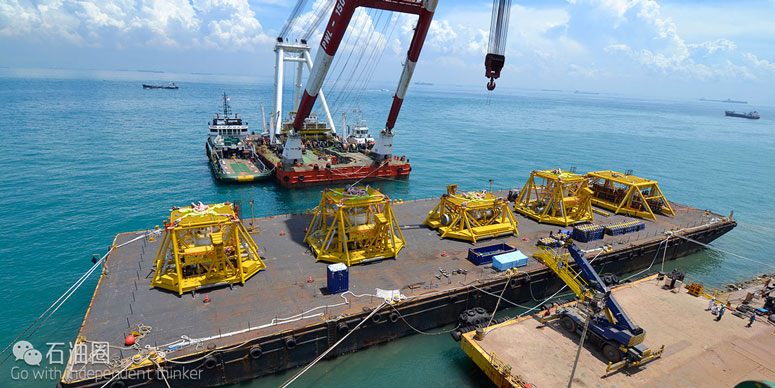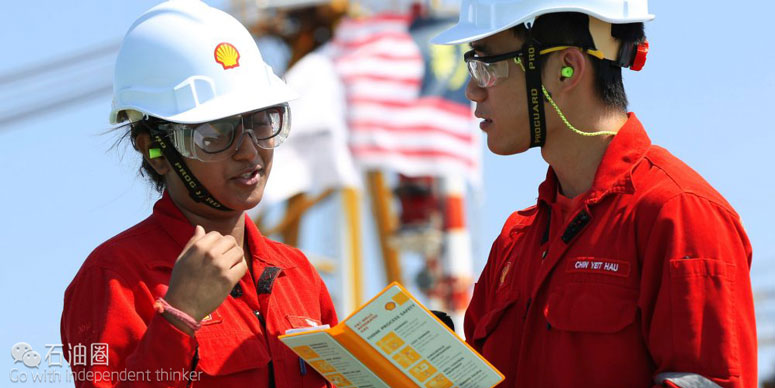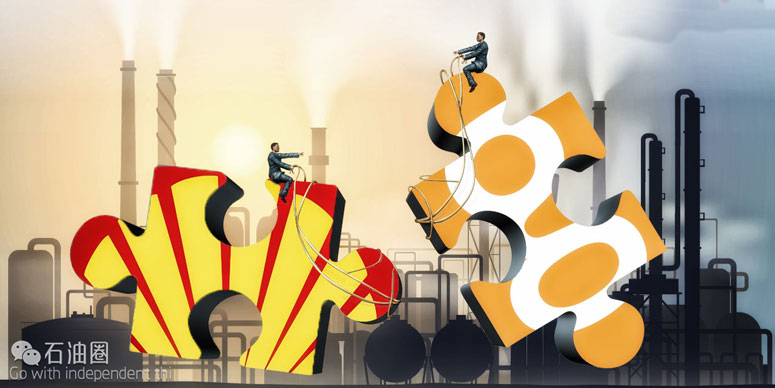In exchange for $425 million in cash, Royal Dutch Shell (ticker: RDS) has sold off the company’s stake in assets held in the Gulf of Mexico, the transaction is expected to close in October. The sale agreement bodes well for its disposal talks in the North Sea, Gabon and New Zealand, according to sources, signaling buyers will meet its expectations on value.
Shell announced the sale of Green Canyon Blocks 114, 158, 202 and 248, collectively known as the Brutus/Glider assets, to independent oil and gas company EnVen Energy Corporation. In addition to the acreage blocks, EnVen will also acquire the Brutus tension leg platform (TLP), the Glider subsea production system, and the oil and gas lateral pipelines used to evacuate the production from the TLP.
The Brutus/Glider assets have a combined current production estimate of about 25,000 barrels of oil equivalent per day (boe/d), which is about 4% of Shell’s total production. Shell continues to maintain a strong portfolio of assets in the Gulf of Mexico and plans are to increase production from established reservoirs.
The two companies also agreed to an earn-out mechanism wherein Shell would receive from EnVen a substantial overriding royalty interest on future production from one of the Glider wells recently drilled and brought onstream.
Shells Evolving Strategy: Departing Oil & Gas Ops in up to 10 Countries
In February, Shell announced the $54 billion acquisition of BG Group. The deal forced Shell to sharply increase its borrowing in order to maintain its dividend policy at a time of low oil prices. In July, the company’s chief executive officer, Ben van Buerden, said “significant and lasting changes” were underway as lower crude oil prices continued to present problems for the industry.
The company announced plans to sell roughly $30 billion worth of assets over the next three years or so to help reduce debt accumulated during the BG Group merger. The company plans to divest $6-$8 billion of assets this year, Shell Chief Financial Officer Simon Henry said in July.
The decision in Great Britain to go through with Brexit in June roiled capital markets, and Shell CEO Ben van Beurden warned that Britain’s decision could slow Shell’s plan to divest assets. The announcement came in July during an investor and analyst event, and came as Shell made the decision to have Bank of America Merrill Lynch gauge interest in the company’s North Sea properties.
Shell has moved away from other North American projects apart from the Gulf of Mexico decision, saying in July that capital constraints were in part behind a decision to delay a final investment decision for a LNG export facility in Canada.
This year, the company said it was leaving oil and gas operations in as many as 10 countries, while focusing more heavily on gas-rich Australia and shale opportunities in the United States.
Valuation Perspective and Future Plans – Not Interested in Fire Sales
The sale of the Brutus/Glider fields to U.S. independent oil and gas company EnVen Energy Corp has an implied oil price of around $60 a barrel, more than $10 above today’s prices.
“With oil prices appearing to have bottomed at the start of 2016 and a pathway toward higher levels into 2017/18 we may now be entering a period where both buyer and seller can see acceptable relative value – unlocking the A&D (acquisition and divestiture) market,” said a UBS analyst.
“We are looking at various packages in the upstream,” Shell Chief Financial Officer Simon Henry told analysts May 4. “We are working, sometimes with advisers, on a series of packages. But we’re not about to jump into fire sales in a market which is clearly weak at the moment because of the $45 oil price.”
”
The M&A market is heating up in the U.S. with the pace of deals picking up after an extended down period. The recent renewal of activity may pose a challenge to Shell’s plans to continue divestitures. Companies have been focused on streamlining operations, high-grading assets, and divesting anything deemed unnecessary. Fire sales are yet to materialize to the extent many expected, but that isn’t to say the time has passed. The market is still very open to A&D activity.
Shell is currently engaged in talks to divest assets in the North Sea, a mix of mature fields and new developments. The North Sea is considered an ageing basin with high production costs and strict regulatory oversight.
Bloomberg reported that Shell has been in talks with companies including privately held chemical producer Ineos Group AG and Neptune Oil & Gas, set up by former Centrica Plc chief Sam Laidlaw, the people said, asking not to be identified as the information is private. Shell is seeking to sell a package of assets and is talking with companies to gauge their interest before a formal sale process is launched, the people said. No final decision has been made and Shell may decide to retain the properties, they said.


 石油圈
石油圈



